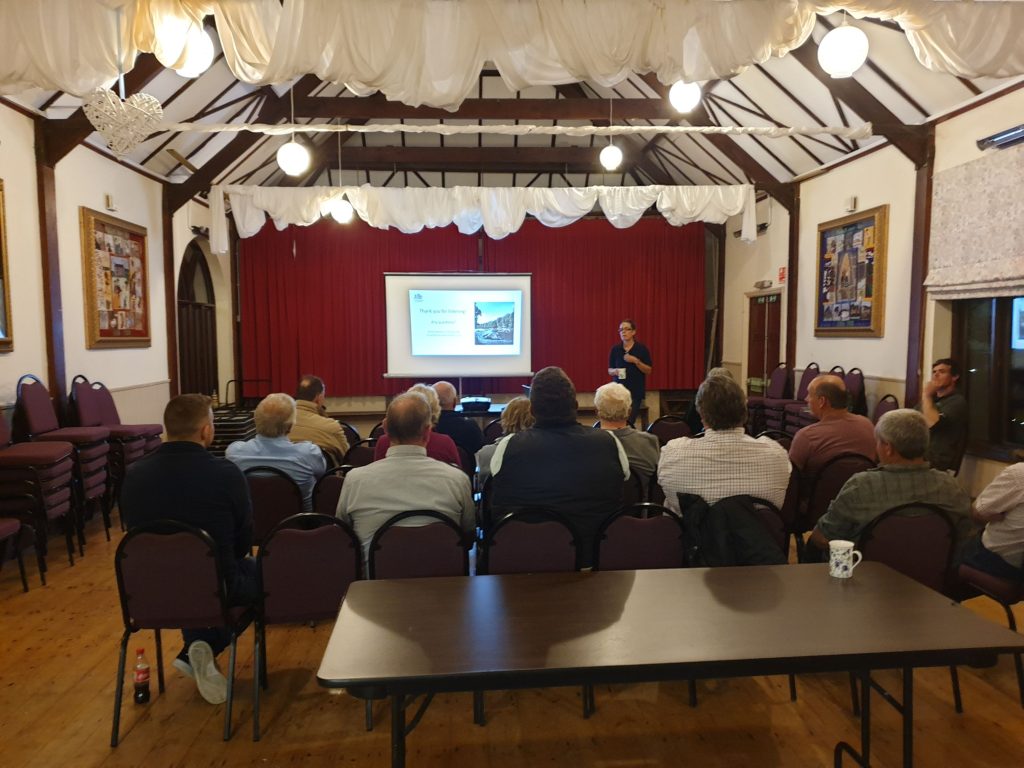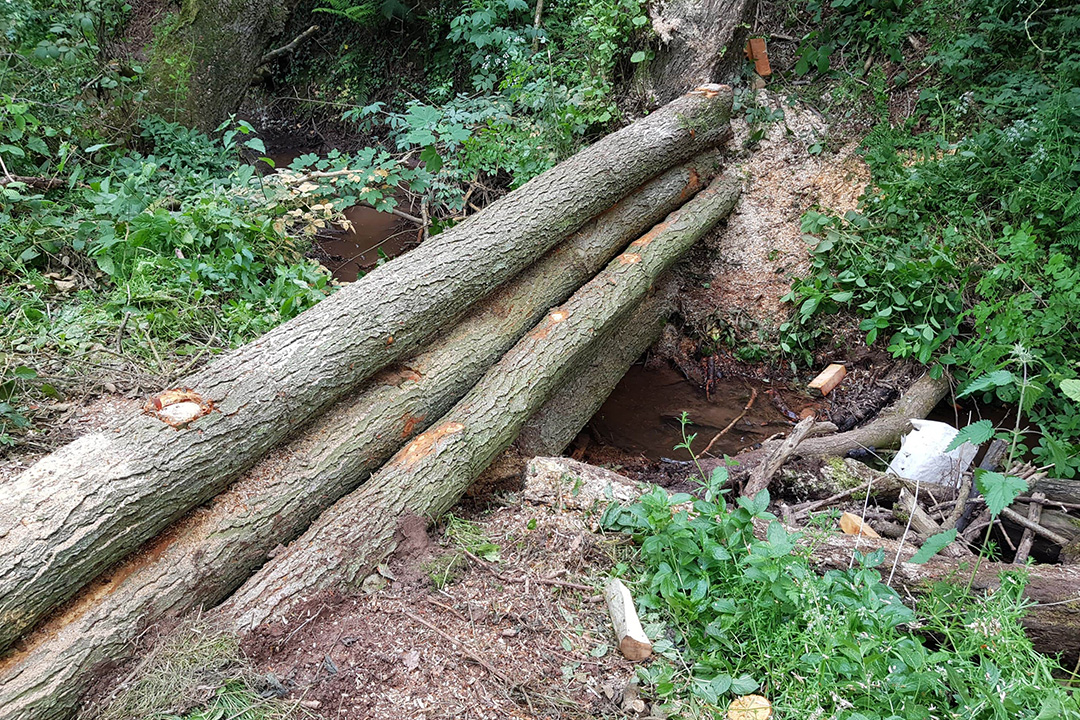Starting in August 2018 and funded by Welsh Government’s Sustainable Management Scheme, WISE is the latest of our projects working with farmers to protect and enhance natural resources in a way that benefits agricultural businesses, rivers and the wider community.
The project is in partnership with Severn Rivers Trust and will involve areas such as nutrient management, soil health, water quantity and biodiversity. As well as delivering environmental value, effective land management can also improve water quality in rivers, reduce flood risk, improve soil quality, enhance biodiversity and improve carbon sequestration.

Project Area
Each rivers trust project area within WISE is made up of one larger catchment and several smaller catchments. The work in the former will concentrate on improving water quantity where local flooding is an issue and natural flood management techniques can be applied. In the larger catchments the focus will be on the natural resources within a farm. These can include water quantity, water quality and biodiversity and the wider benefits they support.
Within the Wye catchment, the project will focus on the upper Ithon (major upper Wye tributary) as the larger project area and the smaller tributaries of the Ennig and Felindre close to our offices in Talgarth.
Meanwhile, Severn Rivers Trust will be concentrating their efforts on the Camlad, Teme, Cain and Guilsford Brook.

Our Work with Farmers
Catchment Advisors from both rivers trusts will be working with farmers to find practical ways in which they can change agricultural practices to benefit both their business and the aquatic environment. On farm working includes:
- Fencing off watercourses and providing alternative water supply for stock
- Hedgerow and tree planting
- Leaky dam installation
- Improving soil quality
- Attenuation ponds/green swales
- Clean and dirty water separation
- Soil testing including organic matter levels
- Soil structure assessment and infiltration tests
- Risk mapping
Natural Flood Management
With Powys County Council, the Foundation will also be developing a scheme that pays farmers to mitigate against flooding, thereby reducing the need for costly “hard” defences further downstream. “Natural flood management” involves working with hydrological and morphological processes, features and characteristics to manage the sources and pathways of flood water. These techniques are often simple, small scale and cost-effective for both the environment and farm business.
Water Quality
The Foundation is also working with Tesco’s suppliers within the project area on nutrient management, providing advice and grant funding to reduce the risk of diffuse and point source pollution and to improve soil health. This will have benefits to other users of the Wye catchment and the project will develop catchment scale markets for phosphate and hopefully flood and drought management. This is how our environment will be a managed in the future and developing these markets will allow for the external costs of pollution (such as fishing days lost to algal blooms) to be monetised and reduced, improving the state of the whole of the Ithon and main stem of the Wye.
Outputs
Before the project ends in June 2021, we will have visited at least 275 farms covering 41,000 hectares of agricultural land in mid Wales.
- Farm visits will consist of a tailor made farm report and opportunity maps developed for the use of the farmer. The report will highlight existing benefits the farm is contributing to the environment and wider society as well as additional opportunities.
- Local flood risk maps will be produced identifying natural flood management opportunities.
- School engagement within the small catchment areas
- Soil testing, soil structure assessment and infiltration tests to assess soil heath.
- Overland flow pathways broken using mapping tools and targeted tree and hedgerow planting.
- Farm infrastructure improvements to reduce soil and phosphate loss to watercourses.
Monitoring
While the number of farmers taking part and comparative soil assessments will give us a picture of the success of WISE from an agricultural perspective, measuring the effects of the work on rivers, of course, will be equally important. Natural Resources Wales’ existing Water Framework Directive monitoring will continue throughout the length of the project providing water quality data.
The effects on flood risk management will be monitored by analysing flow data from Natural Resources Wales’ river gauging stations and the Foundation’s own monitoring equipment including our electrofishing data.

This project has received funding through the Sustainable Management Scheme – Welsh Government Rural Communities – Rural Development Programme 2014-2020, which is funded by the European Agricultural Fund for Rural Development and the Welsh Government.
Cyllidwyd y prosiect hwn drwy Y Cynllun Rheoli Cynaliadwy – Cymunedau Gwledig Llywodraeth Cymru – Rhaglen Datblygu Gwledig Cymru 2014-2020, a ariennir gan Lywodraeth Cymru a’r Gronfa Amaethyddol Ewrop ar gyfer Datblygu Gwledig.
